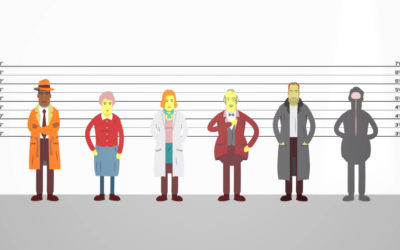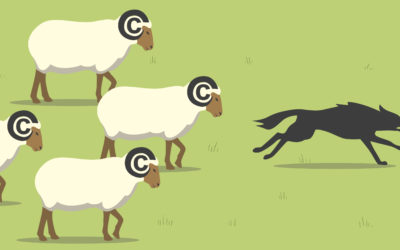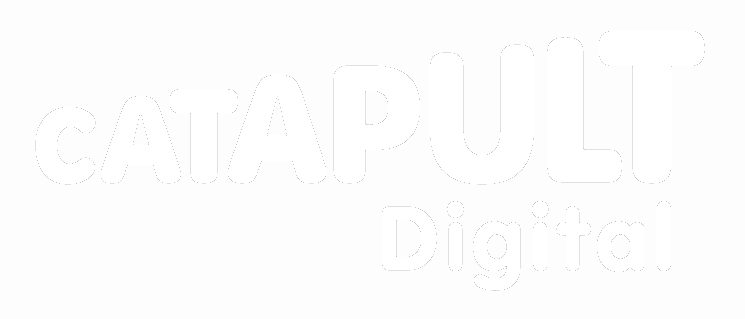1. What if something is copied in another jurisdiction?
Copyright law is territorial, meaning that the rules that matter are the rules of your own country. However, there are international agreements which protect your work under the laws of most other countries.
Signatories to the Berne Convention (UK has been a signatory since 1887) recognise the copyright of works of authors from other signatory countries in the same way as it would recognise the copyright of its own nationals. This means that UK copyright law will apply to a work published or performed in the UK, although it may have originated in Italy. This is because both UK and Italy are signatories to the Berne Convention.
If the work is copied in another jurisdiction, it will first depend on whether the copied work can come under one of the copyright exceptions of the international agreements (see below). Where a work is copied within a European Member State, the current regulation states the case will generally be heard on where the person lives or is domiciled. If the copying has been done outside the European Union and it leads to a court case, then, the law of that relevant jurisdiction, where the copying took place will apply.
See: The Berne Convention, Trade-Related Aspects of Intellectual Property Rights Agreement (TRIPS), WIPO Copyright Treaty
2. Is there a low cost way to enforce copyright?
Copyright enforcement can be an issue because, on the one hand, the evolution of digital technologies has made copying more and more accurate, as well as easier and cheaper; on the other hand, since copyright does not require registration in order to arise, it might be difficult to prove your ownership. You can find some useful tips on how to prove the ownership of your work here. Also, the complex mechanisms of copyright law, especially when different legislations are involved, can often be understood only by expensive lawyers.
In the Enforcement section you can find useful guidance on what you can do if you think someone has infringed your copyright, or if someone has accused you of copyright infringement.
An effective way to control the use of your work and make sure your rights are not breached is to join a copyright collecting society. These bodies license your work to other people and organisations that wish to use it, and collect royalties on your behalf. If you are a writer, you might be interested in joining the Authors’ Licensing and Collecting Society (ALCS).
3. Can journalists use copyright materials to report news?
In the UK there is an exception to copyright that allows journalists to make use of copyright material in order to report news. This is allowed under certain conditions: 1) the material used is not a photograph; 2) the purpose is really for reporting current events; 3) the use of the material is fair; 4) the use of the material is accompanied by sufficient acknowledgement.
So for example, if a reporter sees a video of a football match where someone runs on the pitch and strikes a player, in general she can report this event without use of any copyright materials. By complying with the conditions listed above and so benefitting from the news reporting exception, the reporter should be able also to show the footage – without the need to get permission from the rightsholders – in order to provide information on the current event in a clear or authoritative manner. You can find more information about this here.
Related
The Game is On! – Ep. 2
When Holmes and Watson receive a letter from Mary Westmacott, a new adventure at the border between illusion and reality is just about to start.
News Reporting
News reporters may sometimes require the use of copyright material, such as short textual extracts or clips from video footage, to report current events. There is an exception to copyright for news reporting…
Enforcement
Useful guidance on what you can do if you think someone has infringed your copyright, or if someone has accused you of copyright infringement.











